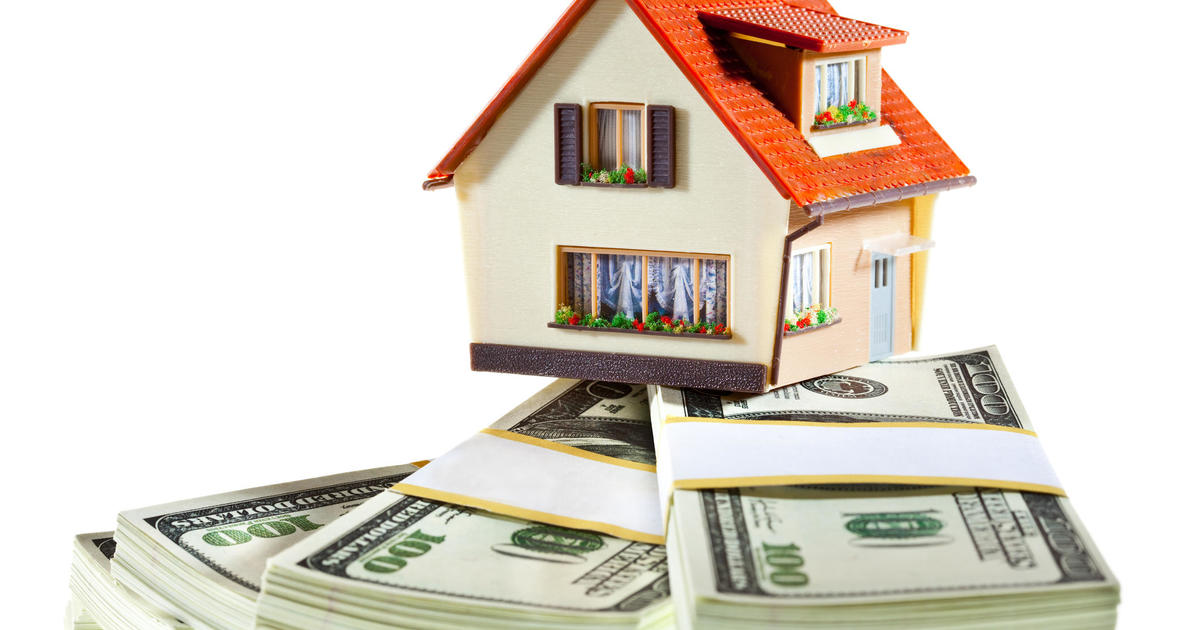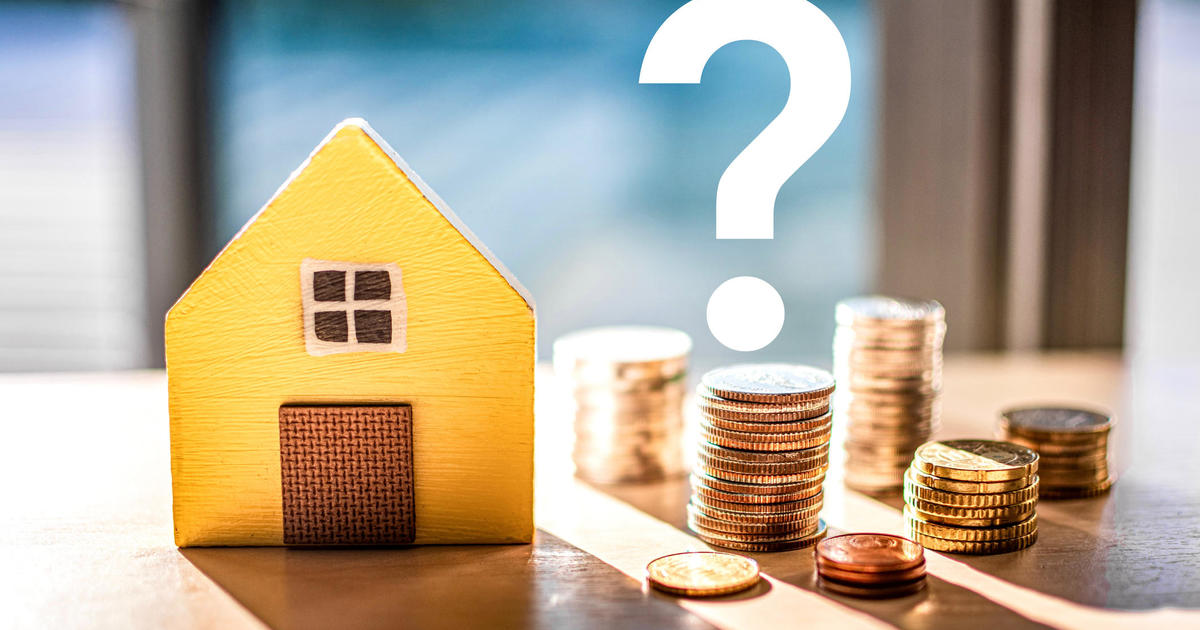Student loan debt weighs heavier on black borrowers, Fed says
The mountain of student loan debt crushing borrowers across the country is having an even harsher impact on African-Americans in places like Brooklyn and Chicago when compared to white borrowers, according to research economists at the Federal Reserve Bank of New York.
Part of the problem is that African-Americans bring home a relatively lower income and can't devote as much money to payments, the Fed researchers said. Another factor is that black college students graduate — or sometimes even drop out — with a much higher loan bill than members of other racial groups.
Americans hold more than $1.5 trillion in student loan debt, according to Federal Reserve data released this week. After sifting through Census data, Fed figures and credit info from Equifax, the researchers found that people in higher-income neighborhoods in places like Nashville, Boston and Minneapolis are less likely to fall behind on their loans and to default. People living in lower-income areas, where there's a higher concentration of African-Americans, such as Detroit, Washington, D.C., and Newark, New Jersey, tend to have higher student loan balances and are at greater risk of defaulting, they said.
"Borrowing rates are somewhat higher in areas with a majority of black residents, at 23%, compared with 17% in Hispanic-majority ZIP codes and 14% in white-majority ZIP codes," the Fed researchers wrote. "These differences are likely explained, in part, by income disparities, as lower-income students are more likely to need student loans to afford tuition."
The Fed data show that people living in predominantly black areas of the country have an average student loan balance topping $37,000. The average white student's balance is $34,000. Black borrowers are twice as likely, at 18%, to default on their student loans than whites, at 9%, the data show.
African-Americans typically holding $37,000 in student loans is particularly troubling because people in those communities are also reporting their average annual income as $38,000, the Fed researchers said.
The Fed study is part of a growing body of evidence pointing to disparities in black and white student lending. Almost 85% of blacks have student loan debt, compared to 69% of whites, according to North Carolina non-profit the Center for Responsible Lending. The Brookings Institute reported that 38% of black students who entered college in 2004 defaulted on their loans, compared to 12% of whites.
Paying off student loans remains an uphill battle for African-Americans because "black graduates still earn less at their first post-graduate jobs compared to other races," said Marcus Garrett, who runs a blog and podcast on how to eliminate debt.
"Typically, African-American households have less median income," Garrett said. "Therefore, the children of these households would theoretically need to take on more school loan debt."
Eliminating student debt has been a major debate topic among Democratic presidential hopefuls, with Senator Elizabeth Warren earlier this year announcing a plan that cancels up to $50,000 in debt for 42 million borrowers. Senator Bernie Sanders in June introduced a bill that would eliminate all student loan debt.
Garrett said the best way to pay down a loan is to simply pay as much as possible — a task he admits is easier said than done.
"It's a Catch-22 to try to make additional payments when you're already struggling to just make minimum payments," he said. "Yet, the main solution to paying off loan debt — beyond lowering the interest rate — is to make additional payments above the minimum payment whenever possible."




